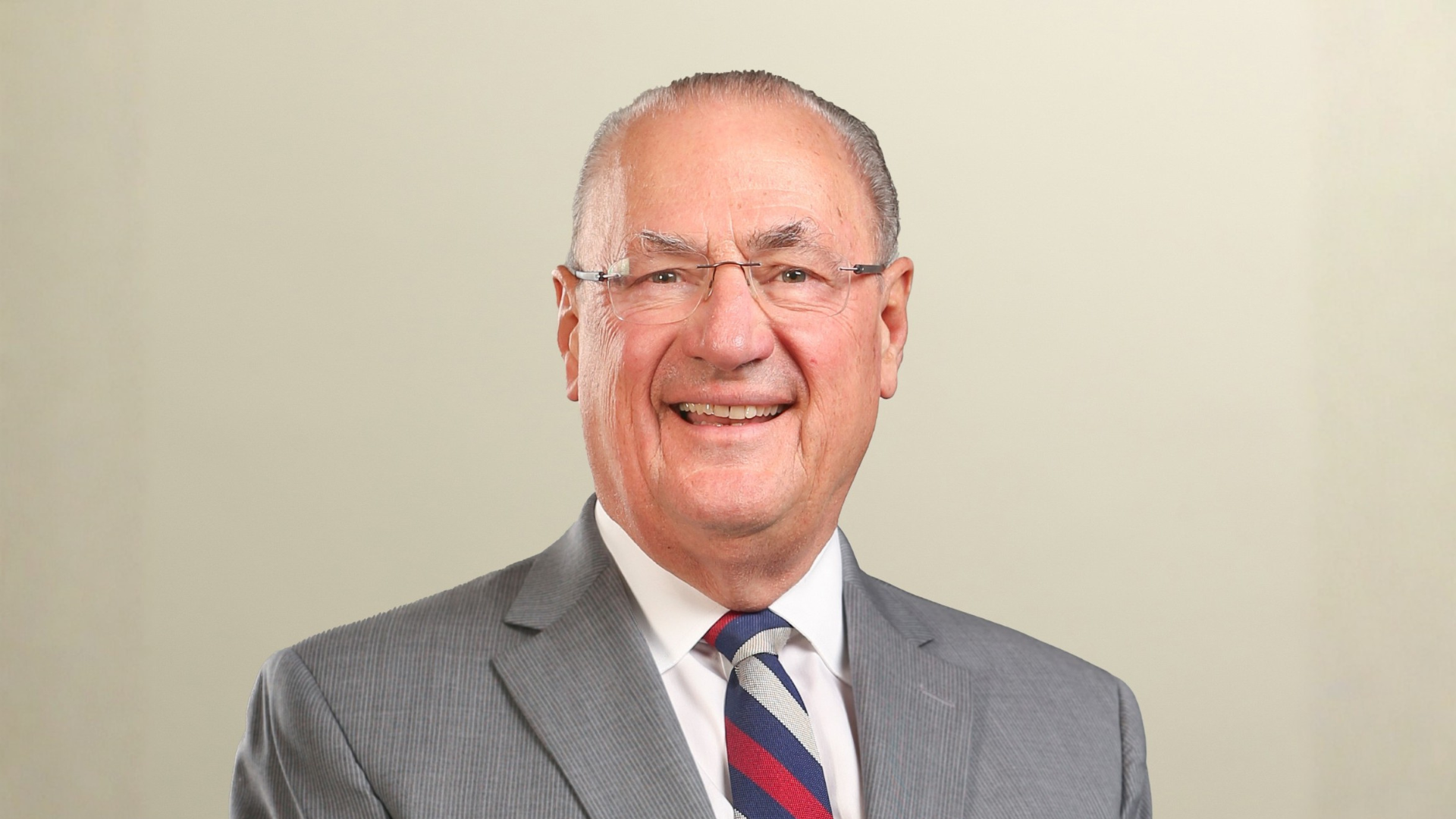As the Seattle City Council enters budget-writing season it’s apparent some councilmembers don’t think the city’s regressive tax burden is high enough.
Recently the City Council heard a staff presentation about how to impose a regressive tax on app-based delivery services. The idea is pitched as a tax on companies, but in reality it will be paid by customers of Door-Dash, Uber Eats, GrubHub, Postmates and other popular door-to-door services.
The proposal is cleverly misnamed a “Network Company Tax” supposedly to impose a “tax on network companies that operate in Seattle.” In another crafty move backers sometimes call it a “fee.” In practice it is a tax and would be added to the cost of each order, on top of current sales taxes. Prepared meals and retail items would be covered, but groceries would be exempt.
If enacted the delivery tax would take effect starting January 1st and would apply to an estimated 30 million delivery orders per year. Of course the tax would not really be on “network companies” – it would be paid by their customers.
Not surprisingly this idea is unpopular. People in Seattle already bear the highest tax burden in the state, and it would strain the memory of even the oldest residents to think of a time when Seattle officials ever reduced a general tax.
Not only is this proposal a new tax on a popular service, it appears intended to hit Seattle’s most vulnerable residents; the elderly, the handicapped and others with limited mobility who rely on door-to-door delivery services to meet daily needs.
The delivery levy would also require Seattle’s low-income and working families to pay yet another regressive tax (Seattle already imposes a regressive soda tax and the highest consumer sales tax in the state), so it is difficult to see what the purpose of this proposal is.
It certainly is not to raise needed revenue. Seattle’s tax collections are at record levels, with the city’s operating budget now topping $5.9 billion and a capital budget of another $1.5 billion. Seattle officials also impose the highest property tax, a high utility tax, business taxes, a special payroll tax, AirBnB tax, a real-estate tax and high parking fees.
Seattle’s tax collections have nearly doubled in the last ten years. Seattle recently raised the burden by $300 million with new taxes starting in 2021. In all, the financial burden falls hardest on working families and raises the cost of housing and all other costs of living in the city.
Despite healthy revenues city council members claim (as they do every year) that they have a deficit, but the “deficit” is only because their policy choices call for spending more money than they receive.
The Seattle Chamber rightly pointed this out in a recent commentary.
“In Seattle, despite record revenue collections, there has been talk of new taxes. But before raising taxes, we need to look at existing spending, see more progress on the issues, and prioritize existing revenues to meet the city’s core responsibilities, including public safety.” (Source: Seattle Metro Chamber newsletter, September 19, 2023.)
That intelligent observation is exactly right. Too often Seattle leaders are insensitive to the struggles working families face every day. A concern for the financial burden they impose should lead city leaders to an open-minded dialog about how the city spends public money now, not seeking to expand the regressive financial burden they already impose on residents.
Mayor Eric Johnson, elected as a Democrat in Dallas, put it well recently noting,
“Too often, local tax dollars are spent on policies that exacerbate homelessness, coddle criminals and make it harder for ordinary people to make a living.” (Source: Wall Street Journal, September 22, 2023.)
One can debate whether Seattle has the same big-city problems as Dallas, but in one respect they are the same – local policies make it harder for ordinary people to make a living.
The income gap in Seattle is already the widest in the state. Adding a delivery tax will make Seattle less affordable and hit poor customers the hardest, all so the city council members can get a bit more money to put in their budget.






